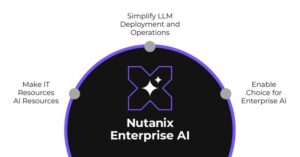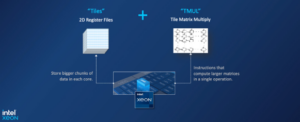
Why this exists AI projects rarely fail because the models are bad. They fail because the plumbing is painful. In the real world, teams don’t struggle with training runs or benchmark scores, they struggle with: What starts as a proof of concept often collapses under its own operational weight. This is exactly the gap Nutanix […]



